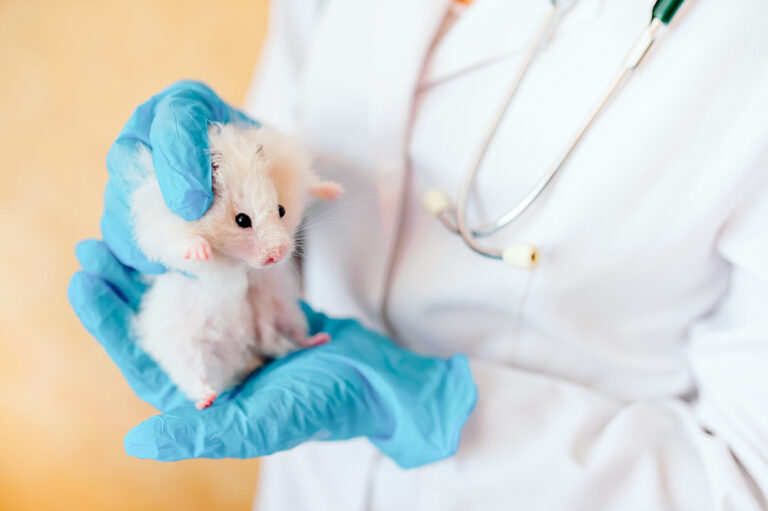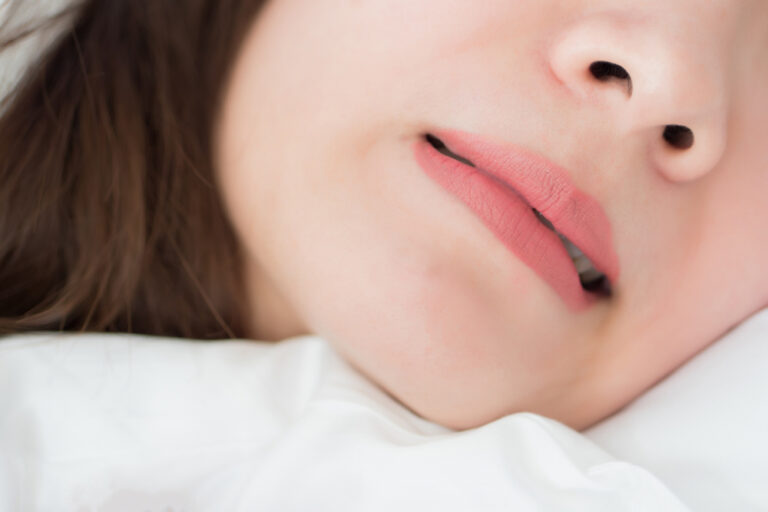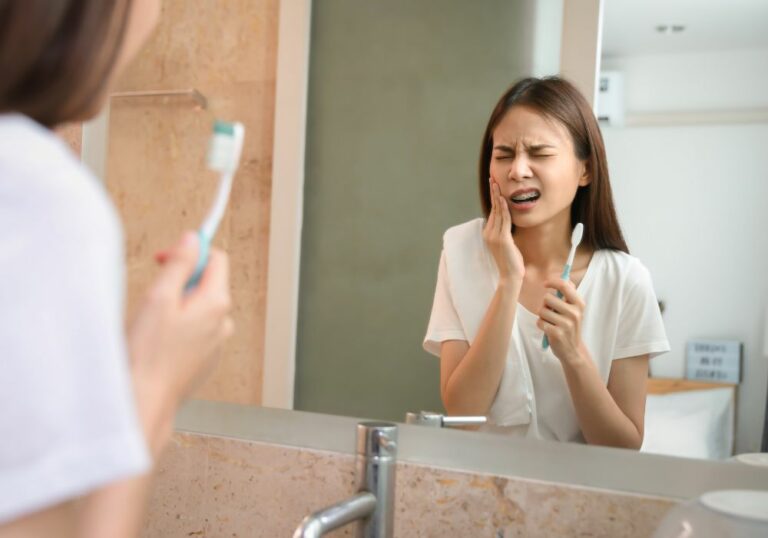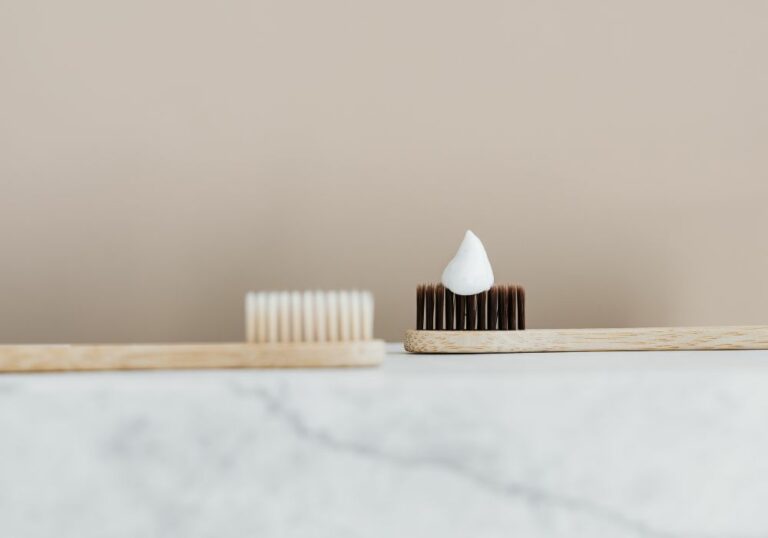Are you curious about whether beavers’ teeth rust? Beavers are well-known for their impressive teeth, which they use to gnaw through trees and build their dams and lodges. But have you ever wondered why their teeth have a distinctive orange color? In this article, we’ll explore the fascinating world of beaver teeth and answer the question: do beavers’ teeth rust?
Beavers’ teeth are unique in many ways. For one, they never stop growing, which means that beavers need to constantly gnaw on things to keep their teeth at a manageable length. But what makes their teeth particularly interesting is the fact that they have a rust-colored coating of iron on the front of their incisors. This coating hardens the teeth, making them much stronger than human teeth and allowing beavers to chew through tough materials like wood and bark. So, do beavers’ teeth rust? The answer is yes – but it’s not the same kind of rust that you might find on a rusty old car. Instead, the iron in their teeth gives them a unique color and strength that is vital to their survival in the wild.
As we delve deeper into the world of beaver teeth, we’ll explore the science behind their unique properties, as well as their role in building ecosystems and shaping the natural world. Whether you’re a nature lover, a science enthusiast, or just someone who’s curious about the world around you, this article is sure to provide some fascinating insights into one of nature’s most impressive creatures. So sit back, relax, and get ready to learn all about beaver teeth and the amazing things they can do!
Beavers Teeth Anatomy
Beavers are known for their impressive teeth, which are essential to their survival. They have a total of 20 teeth, including four incisors, which are the two front teeth on the top and bottom jaw. The other teeth are molars, which are located at the back of the mouth. Beavers use their teeth for a variety of purposes, including gnawing through trees and building dams.
The incisors of a beaver are particularly noteworthy. They are large and sharp, and they grow continuously throughout the beaver’s life. This is because beavers use their teeth to gnaw through tough materials like wood, which can wear down their teeth over time. The constant growth of their teeth ensures that they always have sharp, strong teeth to use.
Beavers’ incisors are also unique in that they contain iron compounds, which give them a distinctive orange color. This iron makes the teeth much stronger than human teeth, allowing beavers to gnaw through tough materials with ease. The enamel on the teeth is also much harder than human enamel, which makes the teeth more resistant to wear and tear.
The incisors of a beaver are also self-sharpening. As the beaver gnaws through wood, the front edge of the teeth becomes worn down. However, the back edge of the teeth remains sharp, which allows the beaver to continue gnawing effectively. This self-sharpening ability is essential for beavers, as it ensures that their teeth are always in good condition for gnawing.
In summary, beavers have impressive teeth that are essential to their survival. Their incisors are large, sharp, and contain iron, which makes them much stronger than human teeth. The teeth grow continuously throughout the beaver’s life and are self-sharpening, allowing the beaver to gnaw through tough materials with ease.
Do Beavers Teeth Rust?
Beavers are known for their remarkable teeth, which are essential for their survival. Their incisors are strong and sharp, allowing them to cut through trees and other tough materials. However, you may have heard that beavers’ teeth rust. Is this true?
The answer is yes, beavers’ teeth can rust. This is because their teeth contain iron compounds that make them extremely strong and durable. The enamel on their teeth is hardened with iron, which gives their teeth a bright, rust-orange color. As they continue to gnaw on wood and other materials, their teeth wear down, exposing more of the iron-rich enamel and causing the teeth to turn even more orange.
Despite their rust-colored appearance, beavers’ teeth are incredibly strong and durable. They are self-sharpening, which means that as they wear down, the teeth continue to grow and become sharper. This allows beavers to continue cutting through tough materials with ease.
It’s important to note that while beavers’ teeth can rust, this is not a cause for concern. In fact, it’s a natural and necessary part of their dental anatomy. The iron in their teeth helps to strengthen them and make them more resilient to wear and tear.
In summary, beavers’ teeth can rust due to the presence of iron compounds in their enamel. This rust-colored enamel helps to make their teeth strong and durable, allowing them to cut through tough materials with ease. So, the next time you see a beaver with orange teeth, you’ll know that it’s just a natural part of their unique dental anatomy.
Why Beavers Teeth Don’t Rust?
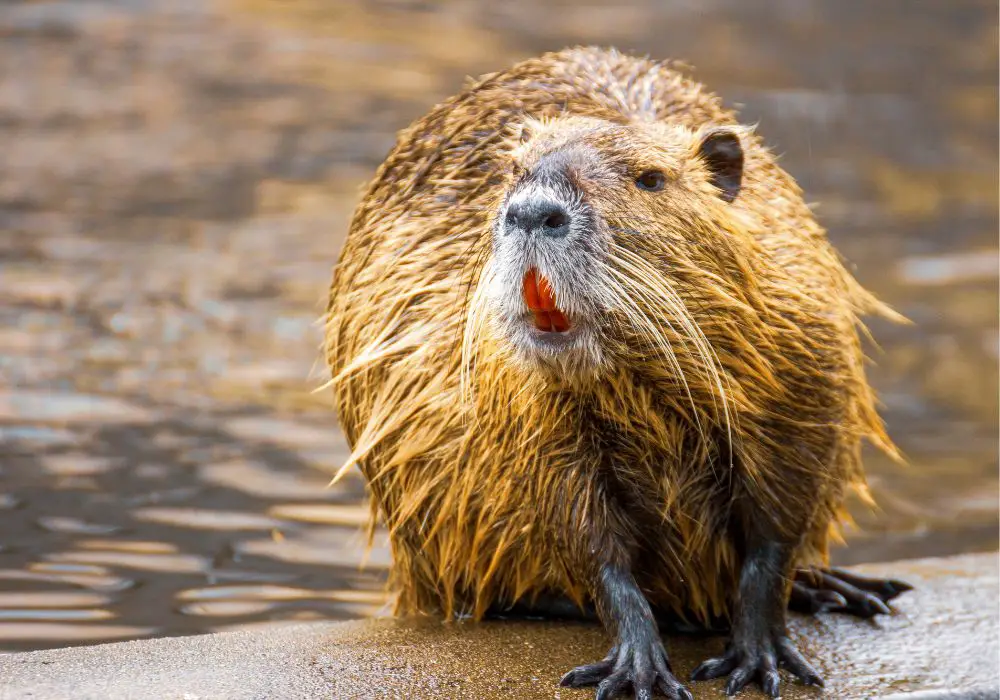
If you’ve ever seen a beaver’s teeth, you might have noticed that they have a distinct rust-orange color. This is because of the iron in their teeth, which gives them their unique hue and also makes them incredibly strong. But despite the presence of iron, beavers’ teeth don’t rust. Here’s why:
Iron in Beavers Teeth
Beavers have a unique adaptation in their teeth that allows them to incorporate iron into their enamel. This iron fortification makes their teeth incredibly strong and resistant to wear and tear. In fact, beavers’ teeth are so strong that they can easily gnaw through tough materials like wood and even metal.
But despite the presence of iron in their teeth, beavers’ teeth don’t rust. This is because the iron in their teeth is in a different form than the iron that causes rust. Rust is caused by the oxidation of iron, which occurs when iron is exposed to oxygen and water. The iron in beavers’ teeth is not exposed to the same conditions that cause rust, so it remains intact and doesn’t corrode.
Self-Sharpening Feature
Another reason why beavers’ teeth don’t rust is their self-sharpening feature. Beavers’ teeth are constantly growing, and as they grow, they become sharper and sharper. This is because beavers’ teeth have a softer bony tissue that wears away quickly, leaving the harder enamel exposed. This constant wear and tear keeps the enamel on their teeth sharp and polished, preventing rust from forming.
In summary, beavers’ teeth don’t rust because of the unique adaptation that allows them to incorporate iron into their enamel and their self-sharpening feature. This combination of strength and self-maintenance ensures that beavers’ teeth remain strong and functional throughout their lives.
Impact of Beavers Teeth on Their Lifestyle
Dam Building
Beavers are known for their remarkable ability to build dams, which serve as homes and protect them from predators. Their teeth play a vital role in this process. The front teeth of beavers, also known as incisors, are strong and sharp, allowing them to gnaw through trees with ease. As they chew on wood, their teeth wear down, but they continue to grow throughout their lifetime, ensuring that they always have sharp teeth to cut through wood.
Beavers use their teeth to fell trees, cut branches, and strip bark. They then use these materials to construct their dams. The teeth of beavers are so strong that they can even cut through hardwood trees, such as oak and maple. It’s no wonder that beavers are considered nature’s engineers!
Foraging Habits
Beavers are herbivores and primarily feed on the bark and leaves of trees. Their teeth are perfectly adapted to this diet. The front teeth of beavers are designed to cut through tough bark, while the molars at the back of their mouth are flat and perfect for grinding up leaves and twigs.
Interestingly, the enamel on beavers’ teeth is hardened with iron, making their teeth much stronger than human teeth and giving them a bright, rust-orange color. As they grow older, their teeth continue to grow and become sharper and sharper with their constant chewing.
In summary, beavers’ teeth play a crucial role in their lifestyle. Their strong and sharp teeth allow them to build dams and forage for food, ensuring their survival in the wild.
Comparison with Other Rodents

Rats
Beavers are rodents, and so are rats. However, there are some differences between their teeth. While beavers have twenty teeth, rats have only sixteen. Beavers’ incisors are also much larger than those of rats. Additionally, beavers’ teeth are orange due to a protective coating, while rats’ teeth are white.
Squirrels
Squirrels are another type of rodent that are different from beavers. Squirrels have twenty teeth, just like beavers, but their incisors are smaller. Squirrels’ teeth are also not as strong as beavers’ teeth, as squirrels do not need to gnaw on trees to build dams.
Porcupines
Porcupines are a type of rodent that are also different from beavers. Porcupines have twenty teeth, just like beavers, but their incisors are much smaller. Porcupines’ teeth are also not as strong as beavers’ teeth, as porcupines do not need to gnaw on trees to build dams.
Overall, while beavers’ teeth are unique, they share some similarities with other rodents. However, their teeth are specially adapted for their unique lifestyle of building dams and gnawing on trees.
Human Interaction and Observations
As beavers are often found in areas where humans also reside, there have been many observations of beavers and their teeth by people. Here are some interesting observations and facts about beavers’ teeth:
- Beavers’ teeth are incredibly strong due to the enamel being hardened with iron. This makes them much stronger than human teeth and able to gnaw through trees with ease.
- Beavers’ teeth never stop growing, which is why they need to constantly gnaw on things to keep them trimmed down. This is also why you may sometimes see beavers gnawing on things that aren’t trees, such as rocks or metal pipes.
- Beavers’ teeth are orange in color due to the iron in the enamel. This is a unique feature that sets their teeth apart from other animals.
- Beavers’ teeth are also unique in that they have a chiseled shape, which helps them to gnaw through tough materials like wood.
While beavers’ teeth may seem like a minor detail, they are actually a crucial part of their survival and ecosystem. Without their strong teeth, beavers would not be able to build their dams and lodges, which are essential for creating wetland habitats for other animals.
It’s important to remember that while beavers may be fascinating creatures to observe, it’s best to keep a safe distance and not interfere with their natural behavior. If you do happen to come across a beaver, it’s best to simply observe from a distance and appreciate their unique qualities from afar.

Frequently Asked Questions
How fast do beavers’ teeth rust?
Beavers’ teeth do not rust. The orange color of their teeth is due to the presence of iron in the enamel, which gives their teeth a bright, rust-orange color. However, the enamel does not rust like iron does.
Why are beavers’ teeth orange?
Beavers’ teeth are orange because the enamel is hardened with iron, making their teeth much stronger than human teeth. This iron also gives their teeth the rust-orange color.
Is there metal in beaver teeth?
Yes, there is iron in beaver teeth. The enamel of their teeth is hardened with iron, making their teeth incredibly strong and durable.
How many teeth do beavers have?
Beavers have a total of twenty teeth, including four incisors at the front – two upper and two lower. The roots of the lower incisors are extended into the jaw. The rear of these incisors are made from dentin which, although tough, isn’t as tough as the front of their teeth.
Why are beavers’ front teeth orange?
The front teeth of beavers are orange because of the iron in the enamel. This iron gives their teeth the rust-orange color and also makes their teeth incredibly strong and durable.
Why do beavers’ teeth turn yellow?
Beavers’ teeth may turn yellow due to the accumulation of plaque and tartar on the surface of their teeth. This is a natural process that occurs with age. However, the yellowing of their teeth does not affect their ability to gnaw on wood and perform their essential tasks in the ecosystem.


